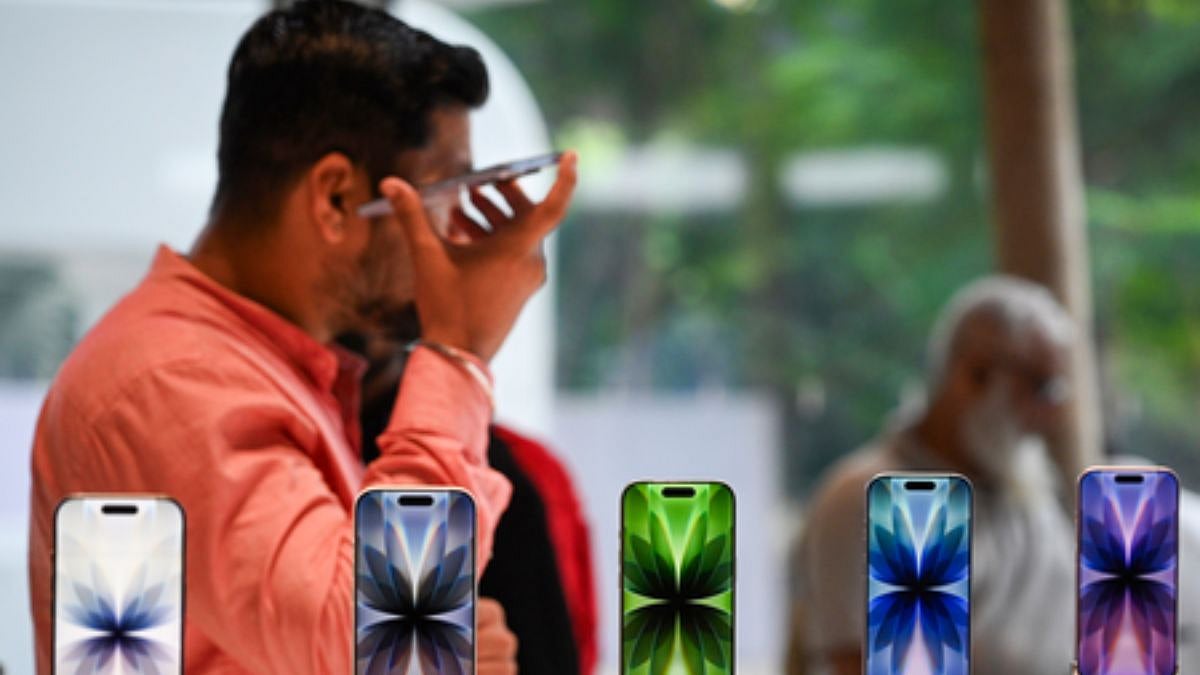Apart from emojis, memes and stickers, pop-culture GIFs are another language for friends to interact on social media platforms. But sometimes finding the right GIF to convey an emotion can be a hassle, since all of them aren’t available on every app. Now finally, users on all apps can access GIFs from popular repository Giphy, since Facebook has been forced to sell the search engine by UK’s competition watchdog.
More than just a ruling on GIFs
The ruling is significant because this is also the first time that an acquisition by a tech firm has been blocked by authorities in the UK, and may set a precedent for scrutinising such deals in the future. UK’s competition appeal tribunal upheld the order based on the reasoning that control of a popular GIF platform such as Giphy would make more users visit Facebook, which already accounts for more than 70 per cent of screen time for UK’s social media users. The acquisition of Giphy would also require users of Meta’s competitors Twitter and TikTok, to provide data to the social media giant for accessing GIFs.
What the deal would’ve meant for us
According to the UK competition regulator, the reportedly $400 million deal would remove Meta’s competition in the display ad market and allow it to increase dominance in the social media space. The order by the competition regulator is hence meant to ensure that innovation in advertising isn’t stifled, and users get freedom to access GIFs.
GIFs are short animations or clips from popular shows or movies, which are used by almost 22 per cent of all websites, while Giphy being a top GIF database has more than 62,000 sites as its customers. Almost 70 per cent users know how to use GIFs and half of them send them to friends or family at least once a week. Giphy’s daily users have surged past 250 million and it allows them to share two billion GIFs every day.
Apple and Google also under the scanner
But the decision on Facebook is only one part of the UK’s push to scrutinise big tech firms, as it is currently looking into Google Play Store’s practice of making developers use its payment channel. The country’s competition regulator is addressing the duopoly, where only Apple and Google are controlling the app market.









